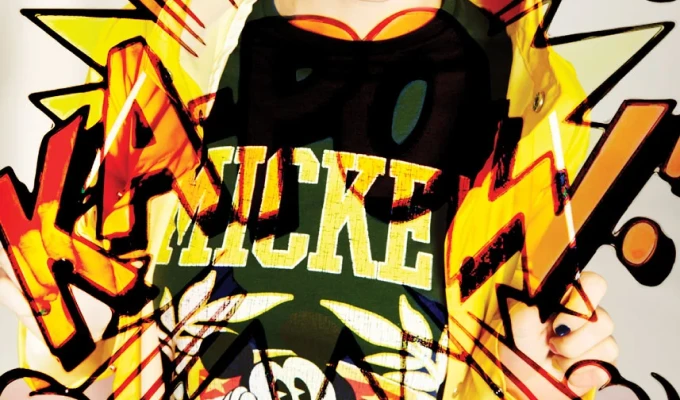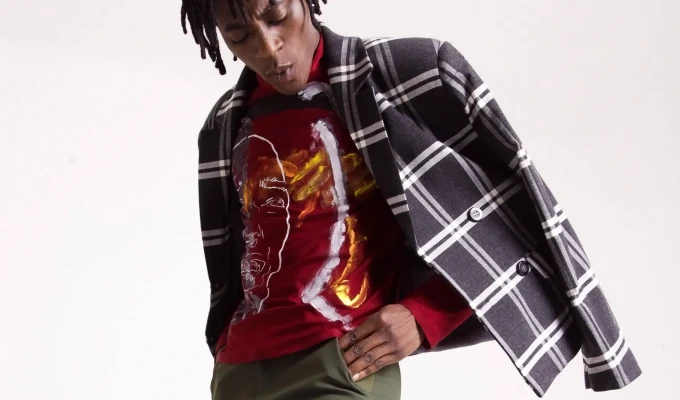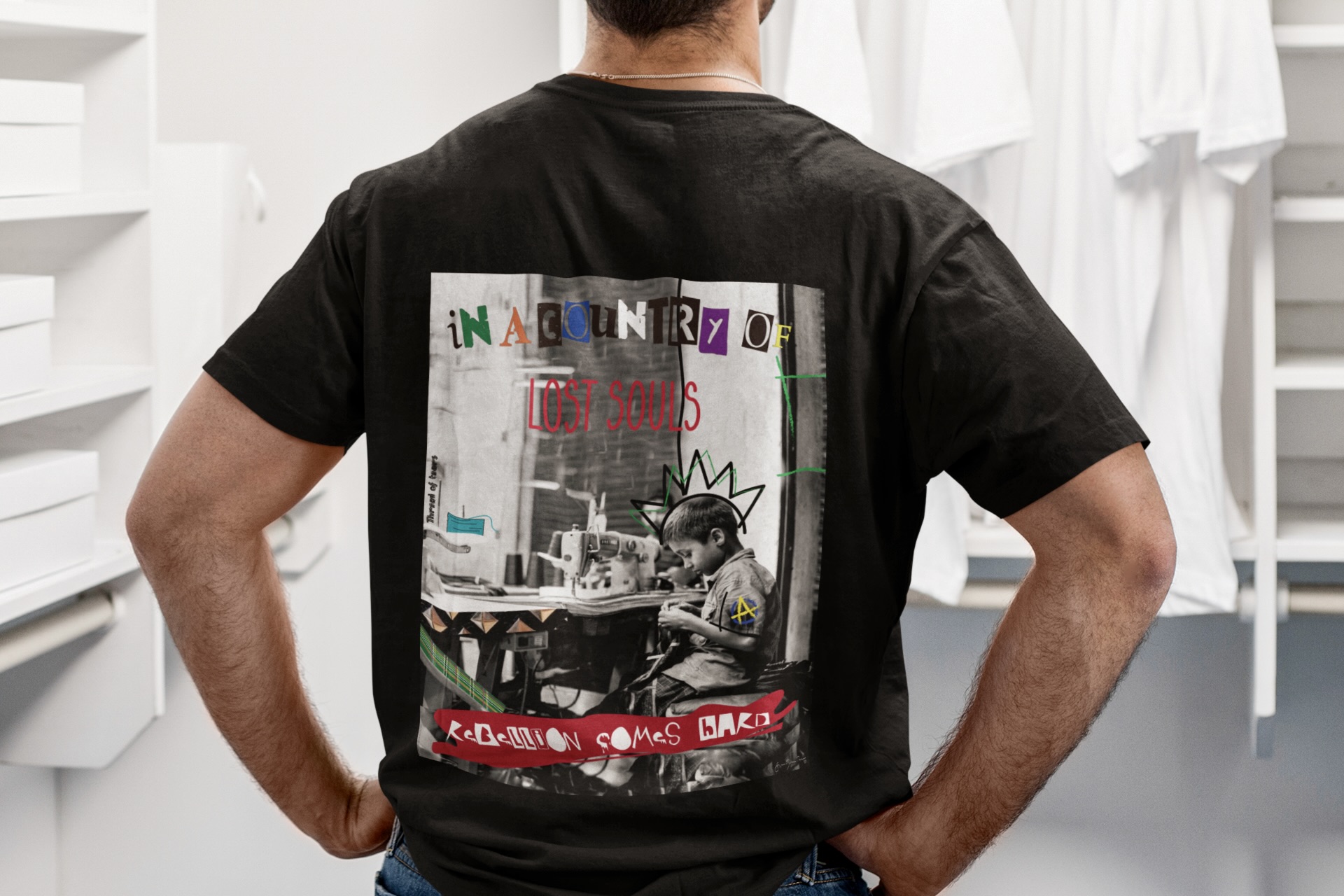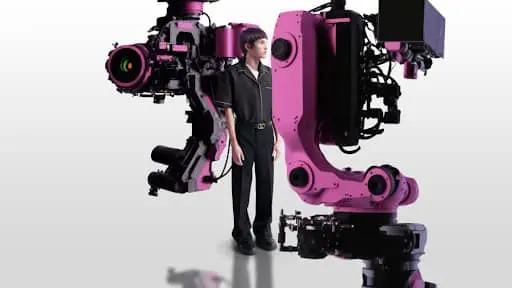

The Beginnings of the T-shirt: A Blank Slate for Expression
Fashion acts as a timeline of humanity, and until the 1950s, it offered a nonverbal representation. This changed dramatically with the invention of screen printing. The t-shirt, which had risen from an undergarment to acceptable outerwear beginning in the 1930s, became more famous through its prevalence in cinema by actors such as Marlon Brando and James Dean. The t-shirt was a blank slate, a simple garment that both women and men could wear. But it was the screen printer that truly transformed the T-shirt, turning it from a plain white garment to an expressive tool, ready to be filled with slogans, advertisements, and popular culture references.

A Sudden Shift: The Birth of Living Billboards
The screen printer gave freedom to people longing to express strong beliefs, stand by brands, people, and social movements, and showcase imagery and symbols relative to themselves and their likings. The screen-printed T-shirt turned its wearer into a living billboard where one can bring new ideas that could either be divisive or unifying. We see the graphic t-shirt becoming optimized in the 1970s and coinciding with the punk movement, expressing rebellion and a cultural commentary, and through this, we saw an appreciation from the youth and rejection by the older generation. Throughout this era, we also saw t-shirts becoming a marketing tactic among big-name brands and musicians, using consumers to advertise their products. When one looks back on the t-shirts of the 1970s, we often are met with many Pepsi-branded T-shirts.



The Slogan Tee in the 2020’s
As time develops, we see the shift and development of the world with the addition of technology. Although technology, more specifically, social media, is relatively new, we can already see the emerging dynamics between humans and the natural world. This includes shorter attention spans and a desensitization to positive and negative news and images. Since we are now exposed to more information, it is possible that bold phrases on T-shirts no longer have the same impact. This could explain why many millennials and Gen Z individuals use T-shirts in an ironic format, moving away from overtly political statements and instead wearing more subtle, personal expressions. We are seeing popular culture figures such as rapper Doja Cat and Julia Fox wearing T-shirts with phrases that reflect more subtle moments, where the significance is intimately linked to the individuals wearing them.
So, to answer the original question of whether or not the slogan T-shirt still holds power in today’s times, I believe it does. Although we see the popular slogan T-shirts of today catering towards more niche audiences than to a grand cause, the T-shirts of today still hold value in that it is representative of this current technology-based generation, which is constantly receiving new technological inventions that are changing the way we live life. Although sometimes frivolous or ironic, these T-shirts serve as a unique representation, encapsulating the nuanced thoughts, beliefs, and interests that define a society fully immersed in and shaped by the digital age.
Step into Your Fashion Diploma Career
Our article, "The Evolution of Fashion Messaging: Unveiling the Power of the T-shirt", delves into the heart of this topic, offering fresh perspectives and inspiration for fashion enthusiasts. It shows how the idea resonates with today’s creative minds and influences the trends of tomorrow. By examining real-world examples, it reveals the strategies and ideas driving forward our industry.
If you’re ready to turn your passion into a career, our fashion diploma program equips you with the knowledge and skills to thrive. From strategic thinking to hands-on practice, you’ll learn to turn ideas into reality.
At Istituto Marangoni Miami, we nurture future leaders in fashion and design. Join a community where creativity meets business. Begin your journey today and help shape the future of style. Embrace the journey to become an industry innovator.




0 Average rating (0 reviews)